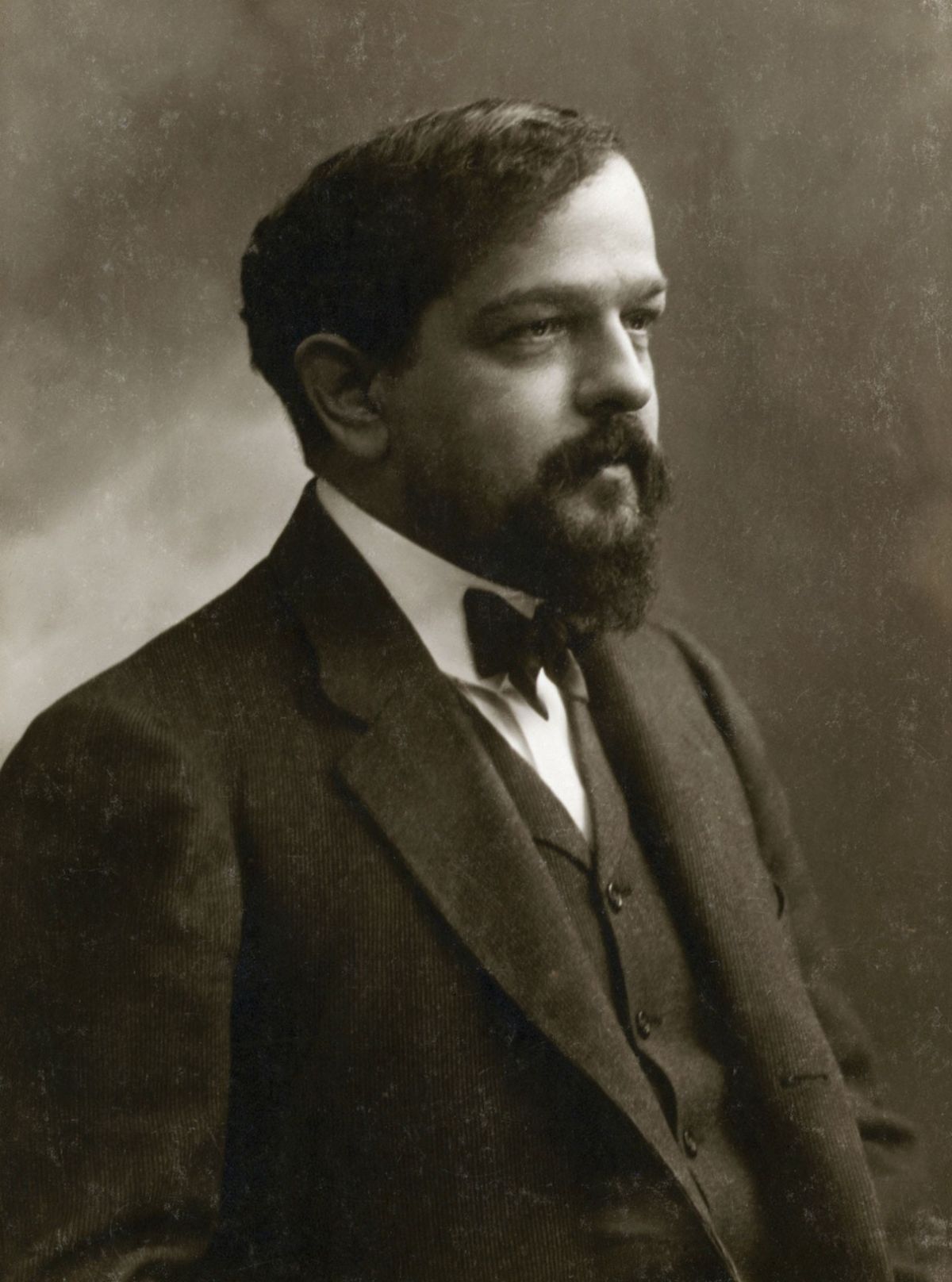Letter to Paul Dukas (1901)
Contexto: I confess that I am no longer thinking in musical terms, or at least not much, even though I believe with all my heart that Music remains for all time the finest means of expression we have. It’s just that I find the actual pieces — whether they’re old or modern, which is in any case merely a matter of dates — so totally poverty-stricken, manifesting an inability to see beyond the work-table. They smell of the lamp, not of the sun. And then, overshadowing everything, there’s the desire to amaze one’s colleagues with arresting harmonies, quite unnecessary for the most part. In short, these days especially, music is devoid of emotional impact. I feel that, without descending to the level of the gossip column or the novel, it should be possible to solve the problem somehow. There’s no need either for music to make people think! … It would be enough if music could make people listen, despite themselves and despite their petty mundane troubles, and never mind if they’re incapable of expressing anything resembling an opinion. It would be enough if they could no longer recognize their own grey, dull faces, if they felt that for a moment they had been dreaming of an imaginary country, that’s to say, one that can’t be found on the map.
